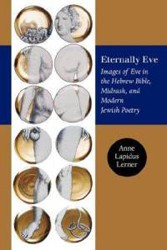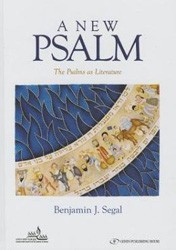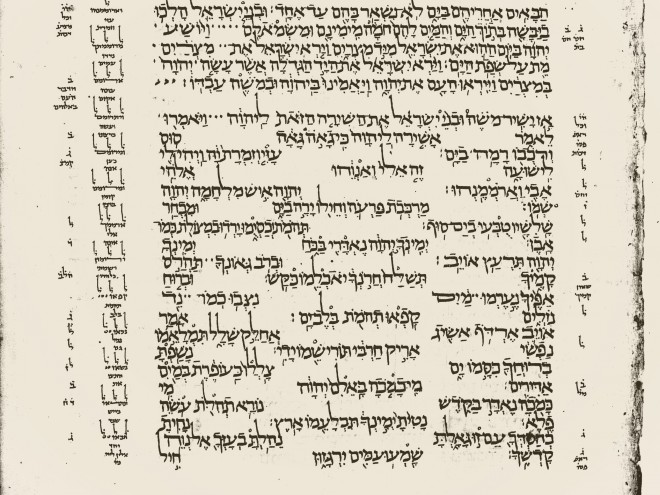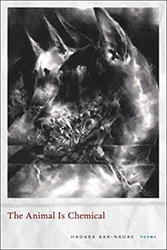With his translation of the Book of Psalms, Robert Alter takes the reader back to the rocky hills and arid sands of ancient Israel to hear these hymns of praise, petition, and thanksgiving as they were sung millennia ago. Stripped of centuries of post-biblical Jewish and of Christian religious theology, the psalms express the hopes and fears of people living in a harsh world where natural forces and hostile neighbors are constant threats.
Alter, the Class of 1937 Professor of Hebrew and Comparative Literature at the University of California, Berkeley, brings out the everyday language of the psalms, translating the Hebrew literally rather than lapsing into the abstractions that express central ideas of later theological thinking. For example, the words “soul” and “salvation” do not appear in these psalms; nefesh—translated as anima in the Vulgate and thence “soul” in the King James and other English versions — becomes “life,” “being,” or sometimes just “I,” variants of its core meaning “life breath.” In the same way, “sin” becomes “offense” or “crime,” meaning dishonesty, theft, and similar abuses people commit against one another rather than ways in which people personally fail God.
Consistent with his emphasis on literal translation to convey the force of the Hebrew, Alter gives equal attention to the poetry and rhythm of the psalms, recreating to the extent possible Hebrew word sequence and compressed verb forms. This brings an urgency and directness to the psalms that are often lacking in English, as well as an elevated archaic tone that reflects the original language.
In his annotations Alter explains his choice of words, a valuable aid in a translation where the original language is not included. The annotations deepen the reader’s understanding of the biblical world, as did the annotations in Alter’s earlier translations of the Torah and books of Samuel. They also expand the linguistic possibilities sometimes lost in the Jewish Publication Society Tanakh, where the phrase “meaning of Hebrew uncertain” sums up and often brushes aside many difficulties. Alter’s cogent introduction is an additional aid. In a brief survey he gives the history and structure of the psalms and describes his effort to take the reader back to a time when religion was inextricably woven into the fabric of every aspect and every day of a person’s life, when the daily bursting forth of the sun and its nightly disappearance were metaphors of great power.
As poetry, as liturgy, as a source of personal comfort, the psalms have evolved into the touchstones of Jewish and Christian theology and ritual. In his compelling and swiftly moving translations, Alter has thrust the reader back to the place where the monotheistic religions were born out of even more ancient beginnings. Suggestions for further reading.
Maron L. Waxman, retired editorial director, special projects, at the American Museum of Natural History, was also an editorial director at HarperCollins and Book-of-the-Month Club.





